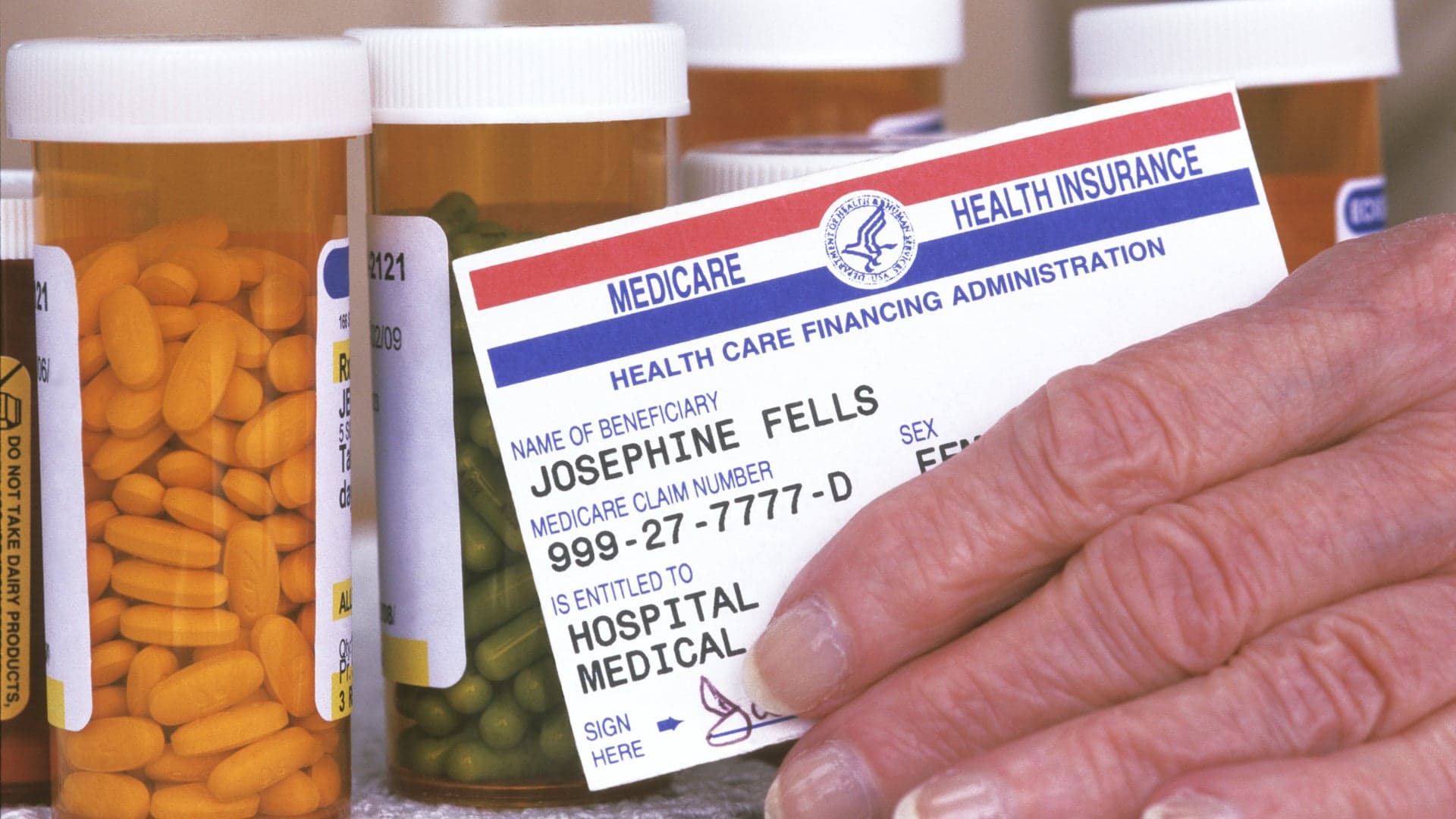On July 30, 1965, President Lyndon B. Johnson signs Medicare, a health insurance program for elderly Americans, into law. At the bill-signing ceremony, which took place at the Truman Library in Independence, Missouri, former President Harry Truman was enrolled as Medicare’s first beneficiary and received the first Medicare card.
Johnson wanted to recognize Truman, who, in 1945, had become the first president to propose national health insurance, an initiative that was opposed at the time by Congress.
The Medicare program, providing hospital and medical insurance for Americans age 65 or older, was signed into law as an amendment to the Social Security Act of 1935. Some 19 million people enrolled in Medicare when it went into effect in 1966.
In 1972, eligibility for the program was extended to Americans under 65 with certain disabilities and people of all ages with permanent kidney disease requiring dialysis or transplant. In December 2003, President George W. Bush signed into law the Medicare Modernization Act, which added outpatient prescription drug benefits to Medicare.
Medicaid, a state and federally funded program that offers health coverage to certain low-income people, was also signed into law by President Johnson on July 30, 1965, as an amendment to the Social Security Act.
READ MORE: When Harry Truman Pushed for Universal Health Care

